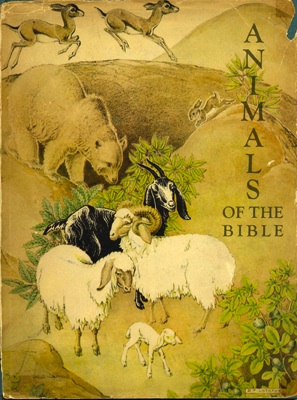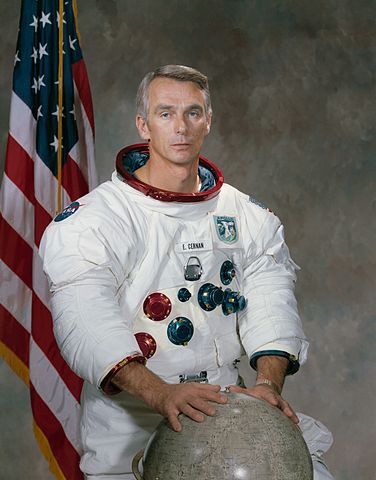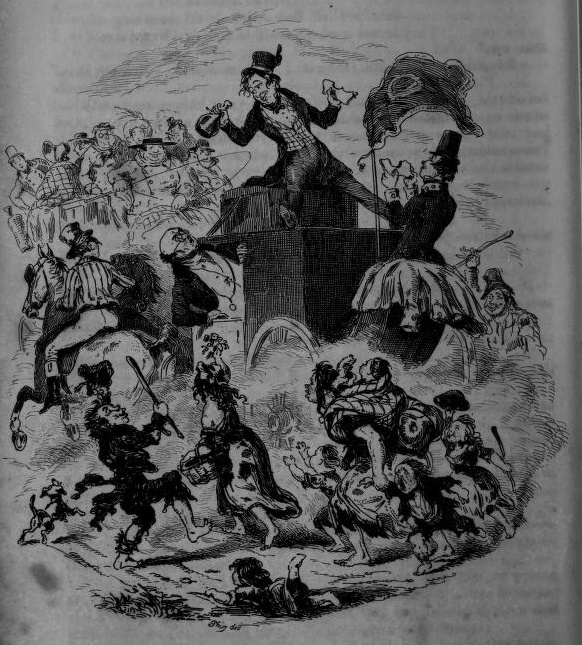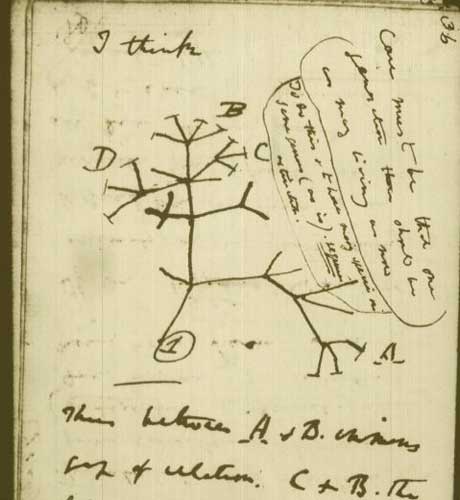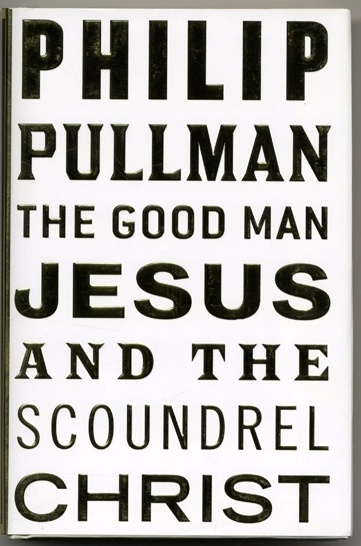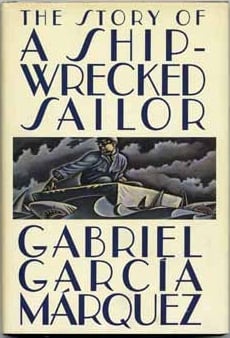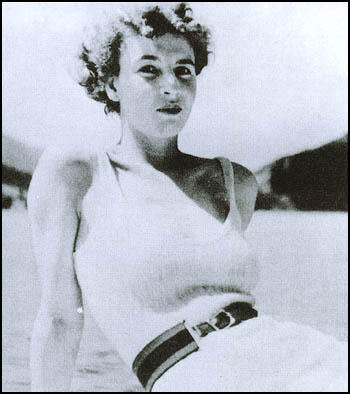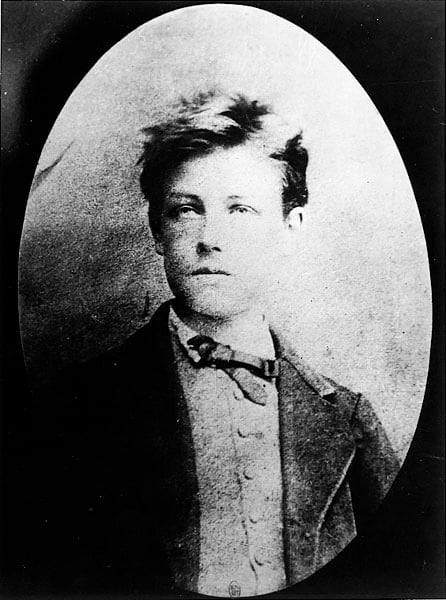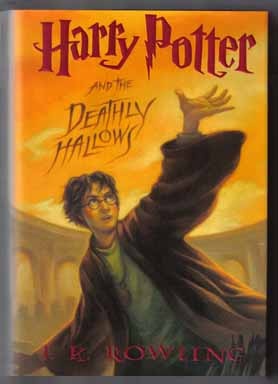The Caldecott Medal has been awarded since 1937 to an “artist of the most distinguished American picture book for children.” Naturally, the Caldecott Award is supremely important for everyone involved in the book making and book buying and selling processes: from illustrators and publishers to fans and book collectors. Today, we begin our Caldecott Winning Illustrators series. We’d like to examine these award-winning artists more closely. Who are they? What is their artistic style? What other works are they famous for? What about them and their work is helpful for collectors to know? We begin with the inaugural Caldecott Award-winning illustrator: Dorothy P. Lathrop.
us toll free: 1-800-948-5563 international: +1 (843) 849-0283 UK: +44 (0) 1334 260018




